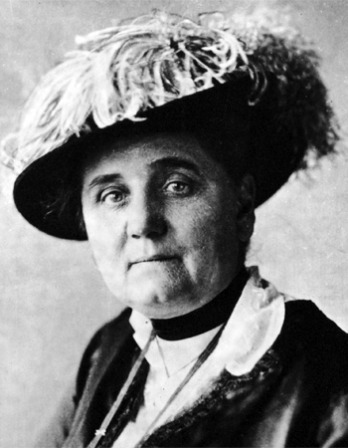Like all women today, we too find ourselves with a need—urgent for everyone—to organize the fight for abortion, given that the level of medical research does not allow us to simply demand the free mass circulation of contraception. We are certainly not satisfied with the pill, the injection, or the other chemical and mechanical systems, as we are perfectly aware of all the dangers they still pose. Nor are we satisfied with the development of gynecology, which has been, unsurprisingly, extremely slow compared with other branches of medicine, and which has done little to resolve the dangers associated with contraception. And so we are forced, as an immediate minimum objective, to organize ourselves for abortion, meaning that we organize not for “therapeutic” abortion, which would only reinscribe and aggravate existing class hierarchies, but for legal and free abortion (with anesthesia) accessible to all.
At the same time, we denounce the fact that until now the very illegality of abortion has worked as a major pillar of an enterprise built on human flesh—to the extent that it has been a method of delaying or even discouraging the search for contraceptives that do not ruin the biological and psychological health of women. The illegality of abortion has been the basis on which this enterprise has been built and articulated, through the decisions made as to where to concentrate forced abortions and how to organize the division of illegality/legality to the benefit of the novice doctor or the university baron who procures clients for private clinics.
Because we have fully understood all this, our struggle is first of all a struggle against all the social and power structures that have allowed this violence and which want our bodies subject to it. And so let’s say straight from the start that we are changing the sign of this struggle:
The problem is not abortion.
The problem is having the possibility of becoming mothers as often as we want to become mothers. Only when we want to, but whenever we want to.
The proletarian women of the south now have fifteen children, and middle-class women somehow manage to have only two or three. But it is not the miserable privilege of not having children that is our ultimate goal.
After all, they have already begun to give us these poorly made pills, these injections that do not work, and they will eventually give us something better, and even allow us abortions.The fact is that all this means (and cannot mean anything other than): “Regulate yourself a little. If you earn 100,000 lire, you can have a child; if you earn 150,000, you can even have two.” Our prompt response is that we are not party to this program. We refuse this logic right now, immediately. This accounting, which takes for granted that our earnings or those of a husband should be the basis for planning how many children we have, is badly flawed and must be entirely redone.
Certain literature has begun to circulate inviting mothers—European mothers in particular—to participate in family planning as a matter of “social responsibility.” We reply that the type of “social responsibility” we feel is not at all that of adapting to our wage level but of destroying every wage level, every wage mechanism, so we can have all the children we want and only when we want them. We measure our “social responsibility” by our capacity to fight to fully implement and propagate the right of each and every person to place a child on the face of the earth as often as they want.
This is a right that still often has to pass through the conquest of a room for two, because if the precapitalist communities where parents made love in front of their children are now a “paradise lost,” then now, after the original sin separating Adam, Eve, and their children, a room for two is a minimal achievement—in Turin as in Reggio Calabria. Crowded promiscuity is not the utopian community we want to achieve.
Making love as often as one wants, having children as often as one wants, in comfortable, warm, and beautiful surroundings.
That means not paying for motherhood either at the price of wages or at the price of social exclusion.
Only by measuring how much we enjoy this right can we measure the social wealth we enjoy.
From We Organize to Change Everything: Fighting for Abortion Access and Reproductive Justice, edited by Natalie Adler, Marian Jones, Jessie Kindig, Elizabeth Navarro, and Anne Rumberger. Translated by Arlen Austin. Translation copyright © 2022 by Arlen Austin. Used with permission of Arlen Austin.
Movimento di Lotta Femminile di Padova, from “Pregnancy and Abortion.” In June 1971 Mariarosa Dalla Costa, who had been active in the Italian workers’ movement, convened a meeting in Padua to discuss demanding wages for housework. The meeting led to the formation of what came to be called Lotta Femminista, which produced pamphlets, conducted studies, and documented its militant activity. This manifesto was later published in Dalla Costa and Selma James’ book The Power of Women and the Subversion of the Community.
Back to Issue



